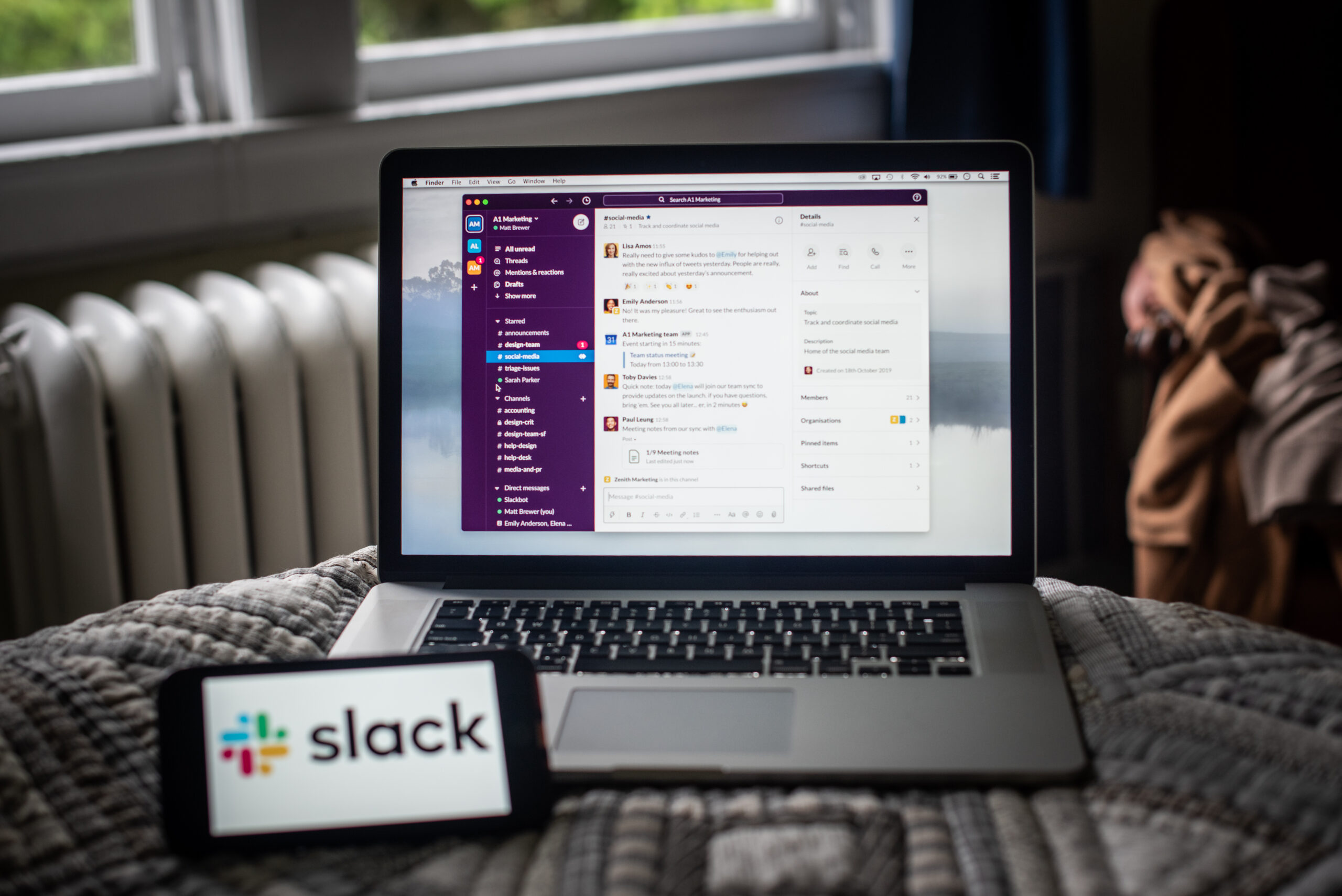
Slack, owned by Salesforce, is at the forefront of transforming workplace communication through the integration of artificial intelligence (AI). In an era of rapid technological advancement, AI has become pivotal for companies aiming to boost productivity and streamline workflows. Recent developments in the tech industry highlight a widespread push to incorporate AI capabilities, with Slack leading the charge by introducing a suite of generative AI features.
Streamlining Conversations and Enhancing Collaboration
Slack’s introduction of thread summaries and channel recaps represents a significant advancement in managing workplace communication. These features are particularly valuable in today’s fast-paced work environment, where staying abreast of all conversations can be daunting. By succinctly summarizing key points and decisions, Slack’s AI helps users quickly grasp the essence of discussions, enabling more informed decision-making and efficient collaboration. This is especially crucial in large organizations where the volume of communication can be overwhelming, and the cost of missing critical information is high.
Revolutionizing Search with Generative AI
The platform’s enhanced search capability is another cornerstone of its AI initiative, designed to significantly improve how users find information within Slack:
- Personalized Answers: Offers personalized responses to queries, drawing from both public company communications and private conversations to ensure relevance and context.
- Intelligent Suggestions: Makes intelligent suggestions for search queries, helping users find information even when they’re unsure of the exact terms to use.
- Conversational Queries: Allows users to ask questions in a natural, conversational manner, reducing the time and effort required to locate specific documents or messages.
- Contextually Rich Results: Ensures that search results are not only relevant but also enriched with context, thanks to the AI’s comprehensive understanding of the company’s communication landscape.
This enhanced search functionality represents a major leap forward in making digital workspaces more navigable and user-friendly, addressing the common frustration of sifting through irrelevant search results.
Building a Connected AI Ecosystem
Slack’s partnership with notable productivity applications underscores the platform’s vision of a cohesive, AI-enhanced work ecosystem. The integration of AI across these apps promises a more streamlined and interconnected experience for users, where the transfer of information and collaboration occurs with unprecedented ease and efficiency:
- Notion: Features an AI summary capability, allowing for quick synthesis of extensive documents or discussions within the Slack environment.
- Box: Integrates with Slack to provide secure, AI-enhanced file storage and sharing solutions.
- Asana: Collaborates with Slack to enhance project management through AI-driven insights and updates.
- Canva: Works alongside Slack to offer AI-powered design tools that streamline the creation of visual content for team projects.
This ecosystem of AI-integrated applications is redefining how organizations collaborate and manage their workflows, with Slack at the forefront of this transformation.
Prioritizing Privacy and Security in AI Deployment
Security and privacy are paramount concerns when introducing AI capabilities that access and analyze vast amounts of corporate data. Slack addresses these concerns head-on by ensuring that its AI features are built upon a foundation of trust and security:
- Hosting Large Language Models Internally: Ensures that sensitive data remains within Slack’s secure environment, preventing external access.
- Siloing Customer Data: Customer data is kept separate, ensuring that information is not used across different clients or for unintended purposes.
- Restricting AI Training Use: Slack commits to not using customer data for training its AI models without explicit consent, upholding privacy standards.
- Adhering to Security Practices and Compliance Standards: Slack’s AI features maintain the platform’s high standards for security and compliance, safeguarding user data.
The Future of Work: AI-Enhanced Productivity
As these AI features roll out, Slack positions itself not just as a tool for communication but as a platform for intelligent collaboration. The initial availability of these features as a paid add-on for Enterprise plans reflects a strategic approach to offering advanced capabilities to users who are most likely to benefit from them. However, Slack’s indication of plans to extend these features to other plans and regions, as well as to include additional languages, suggests a broader vision for democratizing access to AI-enhanced productivity tools.
This initiative by Slack is emblematic of a larger movement within the tech industry towards adopting AI for enhancing productivity. Companies such as Microsoft and Google have also introduced their own AI-powered tools, signaling a collective push towards smarter, more efficient ways of working. Microsoft’s Copilot, for example, offers a glimpse into how generative AI can assist in content creation and data analysis, while Google’s Gemini showcases the potential of AI in improving the accuracy and relevance of information retrieval.
The integration of AI into Slack and other productivity tools heralds a new era in workplace technology, where AI acts as a partner in the human effort to communicate, collaborate, and innovate. By reducing the friction in accessing and sharing information, these AI capabilities enable users to focus on higher-value tasks, fostering an environment where creativity and strategic thinking are prioritized.
Featured Image courtesy of Bloomberg/Getty Images
